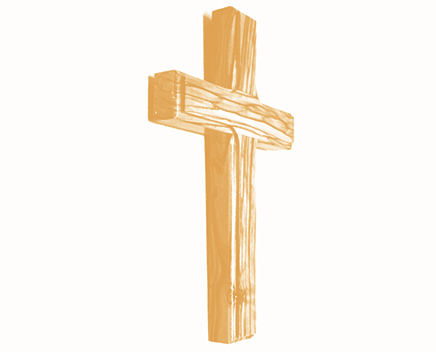WelCom March 2021
Gospel John 2: 13-25
13 Since the Passover of the Jews was near, Jesus went up to Jerusalem. 14 He found in the Temple area those who sold oxen, sheep, and doves, as well as the money changers seated there. 15 He made a whip out of cords and drove them all out of the Temple area, with the sheep and oxen, and spilled the money changers’ coins, and knocked their tables over, 16 and said to the dove sellers, ‘Take these out of here, and stop using my Father’s house as a marketplace.’
17 His disciples recalled the words of Scripture: I am eaten up with zeal for your house. 18At this the Jews answered and said to him, ‘What sign can you show us for doing this?’ 19Jesus answered and said to them, ‘Destroy this temple and in three days I will raise it up.’ 20The Jews replied, ‘This Temple has been under construction for forty-six years: are you going to raise it up again in three days?’
21 But he was speaking about the Temple that was his body. 22 Therefore, when Jesus was raised from the dead, his disciples remembered that he had said this, and they came to believe the Scripture and the word Jesus had said. 23 During his stay in Jerusalem for the feast of Passover, many began to believe in his name when they saw the signs that he did. 24 But Jesus knew all the people and would not trust himself to them; 25 he ever needed evidence about anyone; he could tell what someone had within.
A reflection on John 2: 13-25
Elizabeth Julian RSM
Such violence! Jesus in the Temple with a whip, upending tables and driving out the animals! Why? The moneychangers and pigeon-sellers were legitimately conducting business in the correct area. Roman coins had to be changed to make them acceptable for buying the animals for sacrifice. The horrified Temple authorities, concerned about protecting a building and its business operations, demanded Jesus explain his prophetic actions. Without the moneychangers and the animals for sacrifice the Temple could no longer function as a place of worship. Jesus had shut it down! So, by his decisive actions Jesus has highlighted the Temple’s primary function. The Prophet Zechariah, whom Jesus quotes, had prophesied that in the end times there would be no businesses operating in the Temple. Jesus upset and confused the Temple authorities even further by speaking symbolically of his body as the Temple and predicting his resurrection.

The Temple was understood as God’s dwelling place, God’s living presence in the world. It was built over the navel of the world thus allowing communication between the world above, the world below and the world of history. It was the place where heaven and earth met. In claiming that he is the new Temple Jesus claims he is the centre of the universe! He is now the place where God is encountered, the place where God is truly present in the world, no longer confined to a building. After the resurrection, the early Christians had to separate their identity and future from the Temple, from Jerusalem and from the land of Israel itself. For them, Jesus Christ was the place where they met God and Jesus’ presence was wherever the Christian community gathered — ‘Where two or three are gathered in my name…’(Matt 18:20).
Today we, as the Body of Christ, are each called to be living expressions of this presence. The points below may help us engage with today’s Gospel on our Lenten journey with Jesus to Jerusalem.
Is Jesus is the centre of our universe? On our ‘front burner’? If so, how do we live this out in our daily lives? Or do we have what Pope Francis describes as a “‘wobbly’ heart, which takes a step forward and then one backwards?”
What areas in our lives need ‘upending’? Perhaps some of our long-held certainties? Are we being challenged to do things differently – pray creatively at home instead of receiving ashes in a church [in a Covid alert-level world] – or look at some issues differently? Certainly, Pope Francis, in his call for a synodal church – among many other challenges – seems intent on ‘upending’ certain mindsets, certain fixed ways of seeing things. He has appointed a woman to have voting rights at next year’s Bishops’ synod on synodality itself. Who would have thought! He wants a less clerical and less hierarchical church with ordinary Catholics at the centre of the Church’s mission. Lent is a time to ‘change our mind’ (metanoia).
What has been ‘upended’ in our lives over the past year? Perhaps the challenges of a Covid-ravaged world have made us see how connected we all are? We cannot ‘unsee’ or ‘unlearn’ much of what we have seen and heard.
What needs to be ‘driven out’ in our own lives, in our families, in our parishes? Do we think the church building is the only place where we can encounter God? Theologian Stephen Chase, [Professor of Spirituality, Oblate School of Theology, Texas] points out that Christianity is an outdoors religion. Its key events — crucifixion, resurrection, post-resurrection appearances, commission to the women and the Great Commission (Matt 28:16-20) — were all outside events. Perhaps Jesus will meet you outside today in Joy Cowley’s ‘cathedral of earth and sea and sky’? He may be the homeless person or the beggar on the footpath.